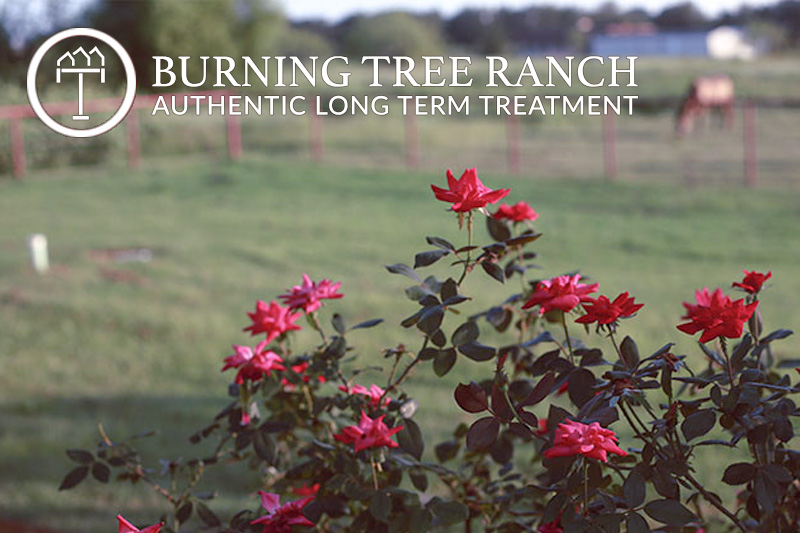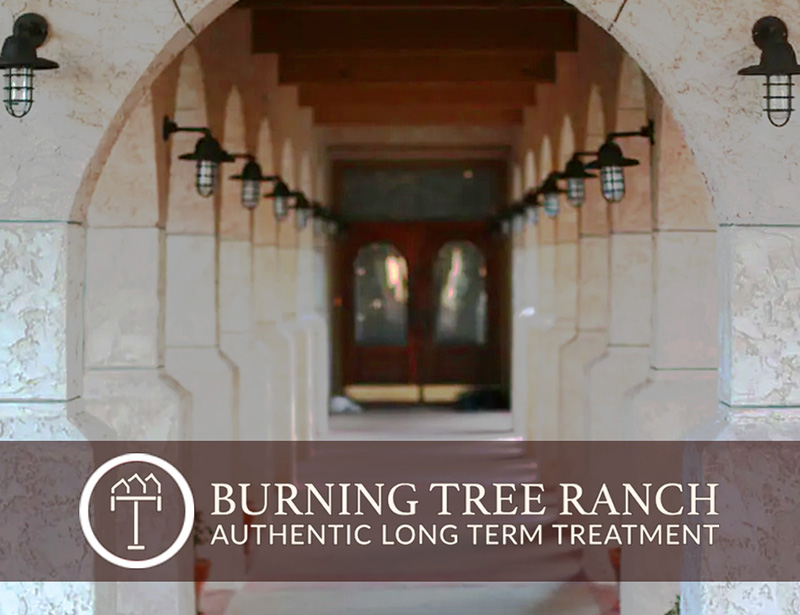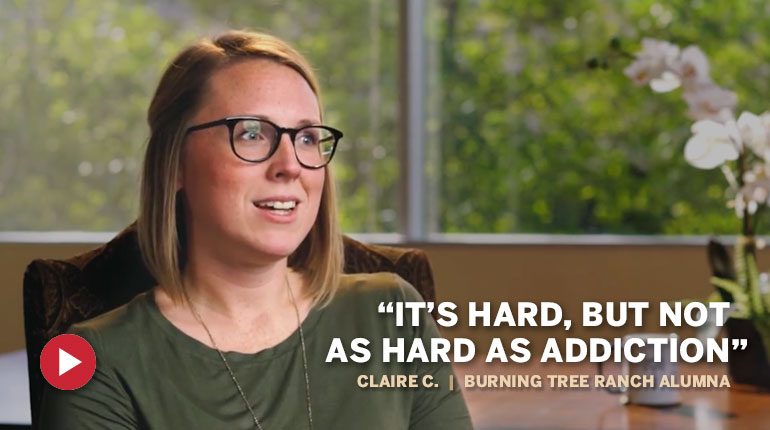Therapies
Gestalt Therapy for Addiction and Mental Health Treatment
Gestalt therapy is a holistic approach to psychotherapy that promotes personal growth, self-awareness, and the integration of thoughts, feelings, and behaviors. This therapy has proven to be highly effective in treating addiction and mental health disorders, helping individuals develop a deeper understanding of themselves and their relationships with others.
Gestalt Therapy at Burning Tree Ranch
Burning Tree Ranch is a specialty program dedicated to the treatment of chronic addiction and mental health. Our program is long-term, progress-based, and highly intensive.
We use Gestalt Therapy as one of several addiction treatment therapies to help our clients confront irrational thought patterns that can lead to disruptive or destructive behaviors.
What is Gestalt Therapy?
Gestalt therapy is a type of psychotherapy developed during the 1940s and ’50s that concentrates on the patient’s experiences in the present moment, emphasizes personal responsibility, and uses the various contexts of a person’s life and the self-regulating adjustments made due to the patient’s overall situation.
There are three primary principles behind gestalt therapy:
- The Phenomenological Method
- The Dialogical Relationship
- Experimental Freedom

Achieving Awareness Through the Phenomenological Method
Gestalt therapy focuses on the “here and now” and how clients perceive and make sense of their experiences in the present moment. The phenomenological method aims to achieve awareness by reducing the effects of bias through multiple observations and lines of inquiry.
Patients must set aside their initial biases to remove expectations and other assumptions. Once achieved, the patient attempts to occupy his or her thoughts with description instead of explanation, treating each item or thought as having equal significance and value.
The phenomenological method ensures that therapy is client-centered, focusing on the unique and immediate experiences of the individual, which helps uncover the root of their issues.

“Gestalt Therapy is used to confront irrational thought patterns that can lead to disruptive or destructive behaviors.”
Dr. Leslie Secrest, Medical Director/Psychiatrist
Building a Therapeutic Alliance through the Dialogical Relationship
The therapeutic relationship in Gestalt therapy is central to the healing process. It is characterized by genuine, authentic dialogue between the therapist and the client. This principle highlights the importance of being fully present and engaged with the client, fostering a connection based on mutual respect and empathy.
The dialogical relationship builds a strong therapeutic alliance, which is crucial for effective therapy. It provides a safe space for clients to explore their thoughts and feelings without judgment. That is, the therapist allows the patient to be in the moment as he or she is, without regard as to whether it is the best state for the patient to be in at the time.


Discovering Experiential Freedom Through Creative Experimentation
Gestalt therapy encourages creative experimentation as a way to explore and express experiences. This principle involves using various techniques and activities, such as role-playing, guided imagery, and body awareness exercises, to help clients gain new perspectives and insights.
Experimental freedom allows clients to try out new behaviors and responses in a safe therapeutic environment, leading to increased self-awareness and the development of healthier coping mechanisms. This approach helps clients break free from rigid patterns and discover more flexible and adaptive ways of being.
This principle of Gestalt therapy builds on the idea that the most effective way to help patients is through real-time experience rather than simply talking about the experience.
Gestalt Therapy for Addiction Treatment
Gestalt therapy can be a powerful tool in the treatment of addiction, helping individuals develop a deeper understanding of their addictive behaviors and the underlying emotional and psychological factors that contribute to them. Emphasis is placed on the present moment. For individuals with an addiction, this means paying attention to current thoughts, feelings, and physical sensations associated with cravings or urges.
Through role-playing and empty chair work, clients can learn to recognize thought patterns and develop more effective strategies for managing them without substance use.
We utilize Gestalt therapy to help our clients understand how various aspects of their lives contribute to their substance abuse and what changes they can make to support their recovery.

Benefits of Gestalt Therapy in Addiction and Mental Health Recovery
Gestalt therapy offers numerous benefits for individuals in recovery from addiction and mental health disorders. By increasing self-awareness, improving emotional regulation, and enhancing interpersonal skills, Gestalt therapy helps individuals build a strong foundation for lasting recovery. Testimonials from clients who have benefited from Gestalt therapy at Burning Tree Ranch highlight this approach’s profound impact on an individual’s life and well-being.
- Enhanced Self-Awareness: By becoming more aware of their thoughts, emotions, and behaviors, individuals can gain a clearer understanding of why they turn to substances and what factors are promoting continued use.
- Improved Coping Strategies: Gestalt therapy helps individuals develop healthier ways to cope with stress, manage emotions, and respond to external pressures, reducing the likelihood of relapse.
- Personal Responsibility: The emphasis on personal responsibility empowers individuals to take control of their recovery and make proactive changes in their lives.
- Emotional Healing: Addressing underlying emotional issues and unresolved trauma can lead to significant emotional healing, reducing the need to use substances as a coping mechanism.

Combining Gestalt Therapy with Other Therapies
The best treatment outcomes necessitate a comprehensive, individualized approach that incorporates multiple evidence-based therapies.
At Burning Tree Ranch, we combine Gestalt therapy with other evidence-based therapies, such as cognitive-behavioral therapy (CBT) and dialectical behavior therapy (DBT), to address each client’s unique needs. Integrating multiple approaches to therapy helps to enhance the overall effectiveness of treatment.
Explore Other Therapies we Use to Treat Addiction at Burning Tree Ranch
Incorporating Gestalt Therapy in Long-Term Treatment
By incorporating Gestalt therapy into our long-term, progress-based treatment program, we provide our clients with the tools and insights they need to develop a deeper understanding of themselves, improve their relationships, and build a life of meaning and purpose.
We understand the complex, multi-faceted issues many of our families face when it comes to addiction. The circumstances of long-term residential treatment allow us to create a treatment program unlike anything else in the world.
Our promise to families is to deliver life-changing clinical interventions to those who have been unable to find freedom from the unending cycle of relapse.

